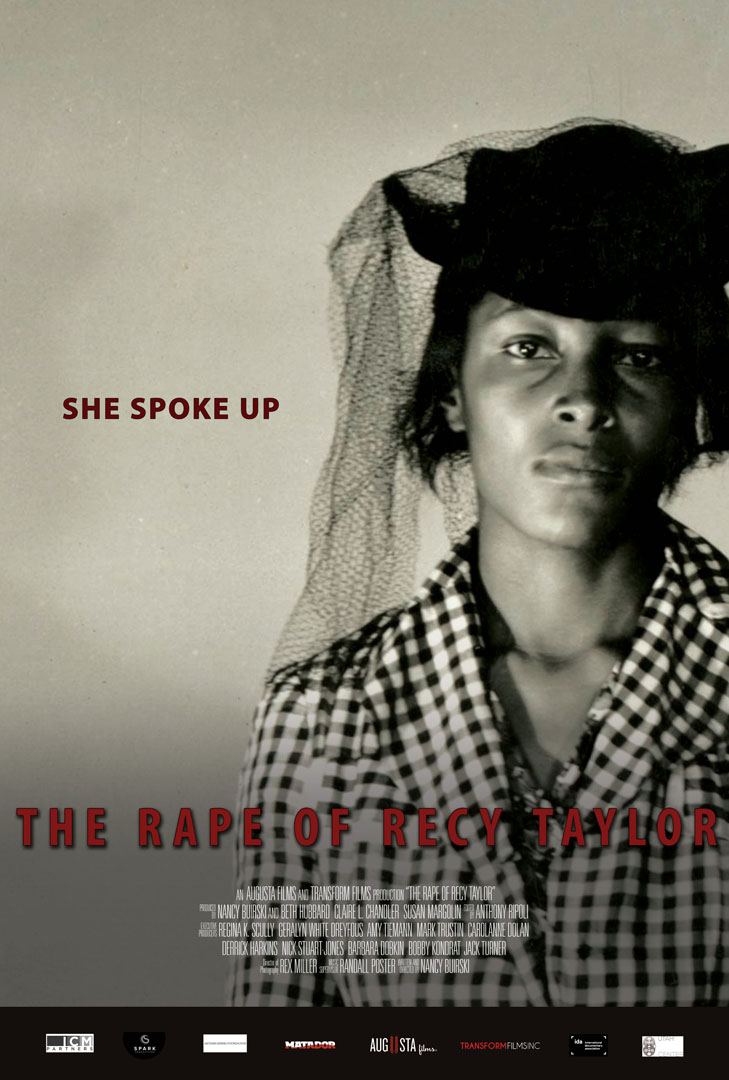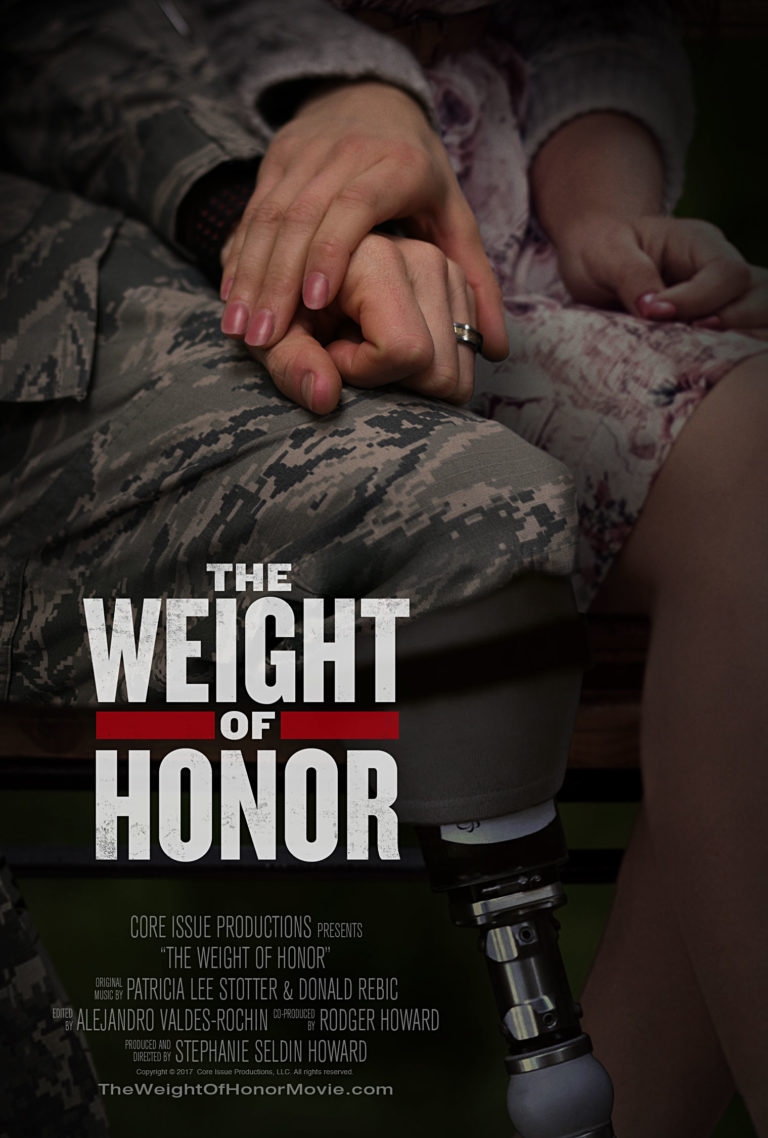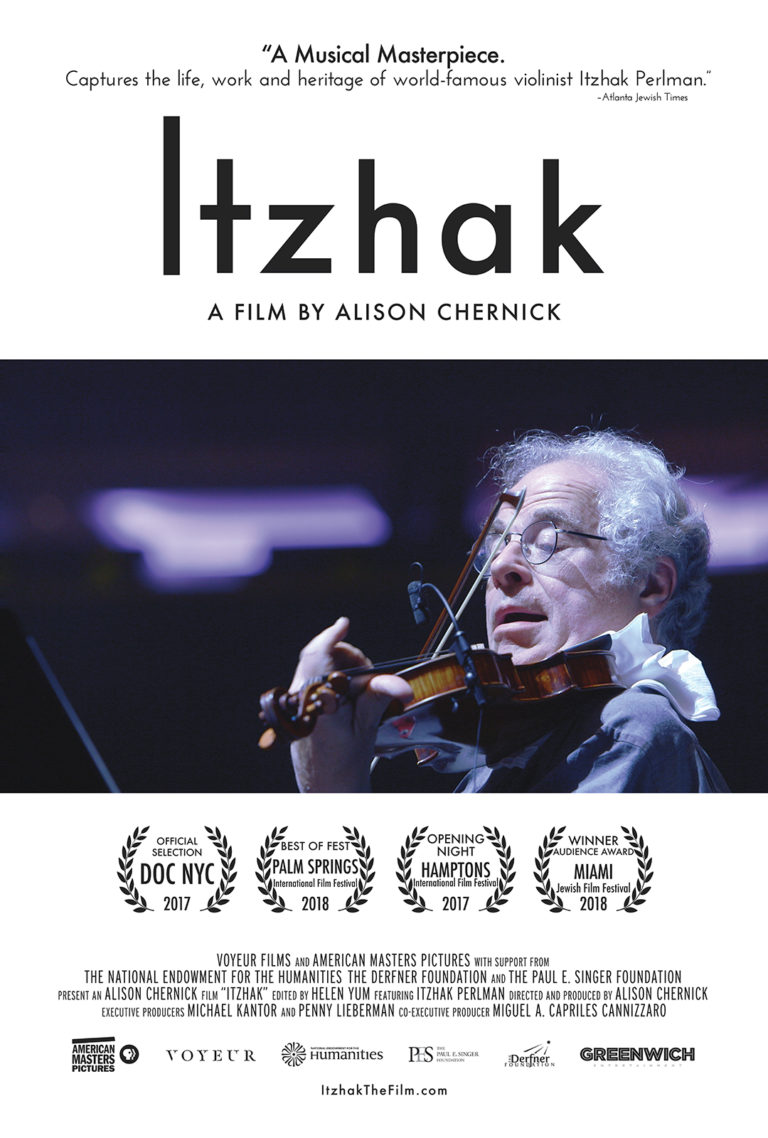Recy Taylor, a 24-year-old black mother and sharecropper, was gang raped by six white boys in 1944 Alabama. Common in Jim Crow South, few women spoke up in fear for their lives. Not Recy Taylor, who bravely identified her rapists. The NAACP sent its chief rape investigator Rosa Parks, who rallied support and triggered an unprecedented outcry for justice. Our film exposes a legacy of physical abuse of black women and reveals Rosa Parks’ intimate role in Recy Taylor’s story. An attempted rape against Parks was but one inspiration for her ongoing fight for justice for countless women like Taylor. The 1955 bus boycott was an end result, not a beginning. More and more women are now speaking up after rape. Our film tells the story of black women who spoke up when danger was greatest; it was their noble efforts to take back their bodies that led to the Montgomery Bus Boycott and movements that followed. The 2017 Women’s March and the ongoing Black Lives Matter movement are linked to their courage. From sexual aggression on ‘40s southern streets to today’s college campuses and to the threatened right to choose, it is control of women’s bodies that powered the movement in Recy Taylor’s day and fuels our outrage today.
Summary info for schedule – will be hidden on film page

The Rape of Recy Taylor
91-minutes
Screening day / time
The Rape of Recy Taylor
The Rape of Recy Taylor
Filmmaker Notes:
I’m often asked why I, as a white filmmaker, chose subjects dealing with race. A black female director will have a very special take on the story of a black woman raped in 1944. That story will be told differently than the way I tell it; I don’t live in a black woman’s skin. But I believe these stories should be told again and again, and that there may be value in my difference. Race is The American Story; as a white person I inherit complicity in what happened to African-Americans in our country. Recent events in Charlottesville and elsewhere are tragic outgrowths of white supremacy palpable in both our film and my earlier film The Loving Story; it powers the oppression and hatred in both. Those boys who raped Recy Taylor inherited it, and the unequal justice system that twice allowed the rapists to go free is its legacy. If there were ever a responsibility for one to tell these stories – white and black filmmakers – it is now. I am passionate about conveying them – compelled by empathy and responsibility and a need to expose a shameful history.
We were very fortunate to have the extraordinary testimonies of Recy Taylor’s brother and sister. Their lucid account of their sister`s rape as well as of life in Alabama in the 40s and 50s with their measured but emotional narrations add immediacy; their slow but firm cadences inform the film’s rhythm and serve as the film’s backbone. Without them, I could not have made this film.
But as I did my research, I came upon a wealth of other sources that shaped my narrative and helped to animate Recy Taylor`s personal story. Particularly enlightening for me were the scenes from so-called “race films” that in their day provided an African- American perspective on life in the US completely absent from white mainstream movies. In some cases they depict the sexual predation of white men on black women with surprising frankness. They might be new to many viewers and are fascinating documents in themselves. We have rare footage of Rosa Parks who supported Recy Taylor’s uphill battle for justice in a skewed and bigoted legal system. There are newspaper articles in the black press that drove her story up to New York, and interviews with activists and experts whose insights were invaluable.
Music also became very important while I was work- ing on the film. The extraordinary songs of African- American popular tradition, some sang by the activist Fannie Lou Hamer, serve as a thread that ties the material together.
The relationship between Rosa Parks and Recy Taylor is the heartbeat of our story. Mrs. Parks’ intimate role in Recy Taylor’s story reveals a life different from our collective memory of Parks, a mythology that belies her true nature as determined activist. Rosa Parks was not just a tired seamstress when she refused to change her seat on the bus, but a committed activist and secretary for the Montgomery NAACP while also sew- ing clothes for whites. We recently discovered a letter from Parks describing an attempted rape she fought off, using the power of persuasion. It’s likely one inspiration for her ongoing work to restore black women’s bodily integrity, work that consumed her for years. The bus boycott was the end result, not the beginning!
Increasing numbers of people are willing to confront our past in order to understand our present. We’re moving faster in the slow process of ‘tearing’ down historical commemorations of oppressors; our film is a part of the replacement, the more honorable and appropriate re-telling of the truth of our past. THE RAPE OF RECY TAYLOR invites others to join the retelling of our history with greater affinity and truth- fulness. While our film is about a specific historical episode, clearly this episode is terribly relevant today.
It took 70 years, but Recy Taylor won her fight with an official apology about the inadequacy of the official response to the crimes against her. But the film is a reminder that much remains to be done, and much remains unresolved. Our hope is that THE RAPE OF RECY TAYLOR is a bullhorn – that it ignites others to tell this story, too, some who may be closer to the experience. Their stories will be deeper, resonate in new, revealing ways and attract more unconverted by their immediacy and authenticity. Those new to it will feel its utter commonality because of its human, truthful detail. We will have been honored to set the stage for the ongoing discus- sion and exposé of a story of rape in the Deep South.





